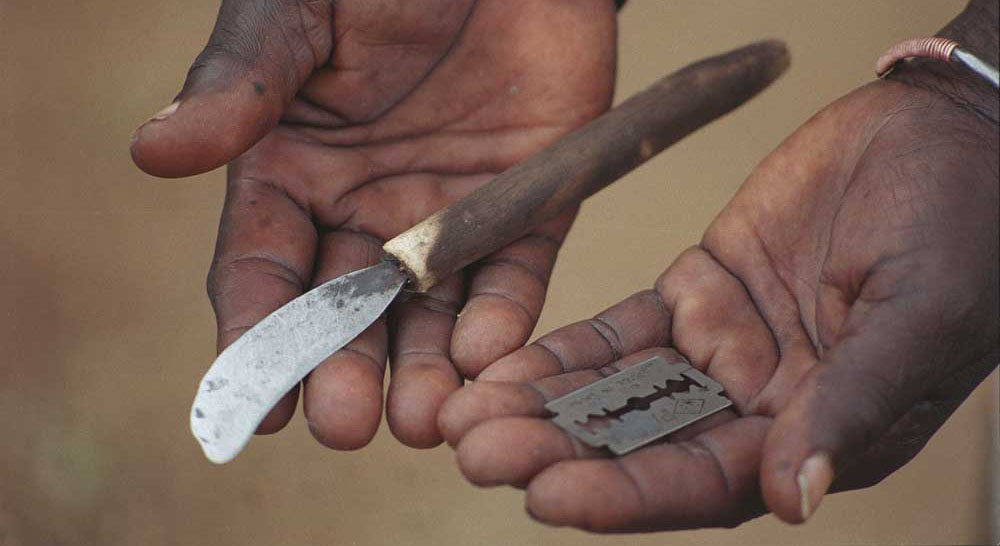Contraception (Birth Control)
Contraception, also known as birth control, is a critical aspect of reproductive health and family planning. Its primary purpose is to prevent unintended pregnancies, but it also offers a range of other benefits such as menstrual cycle regulation and protection against certain diseases. In this comprehensive guide, we will delve into the various types of contraception, their effectiveness, and how to choose the most suitable method for you.
Intrauterine contraception, or IUCs, are small, T-shaped devices that are inserted into the uterus by a healthcare professional. They are long-lasting, reversible, and one of the most effective forms of contraception. There are two types of IUCs: hormonal and copper. Hormonal IUCs release a small amount of progestin into the uterus, which thickens the cervical mucus to prevent sperm from reaching the egg. Copper IUCs work by releasing copper into the uterus, which creates an inhospitable environment for sperm.
Hormonal methods of contraception include the pill, the patch, the ring, the shot, and the implant. These methods work by releasing hormones – either a combination of estrogen and progestin or progestin alone – into the body to prevent ovulation and/or thicken cervical mucus. They are highly effective when used correctly and consistently, but they require a prescription and regular use or maintenance.

Barrier methods, such as condoms, diaphragms, and cervical caps, work by physically blocking sperm from reaching the egg. They are typically used in conjunction with spermicide to increase effectiveness. Barrier methods are the only types of contraception that also protect against sexually transmitted infections (STIs).
Permanent birth control, or sterilization, is a surgical procedure that provides a permanent solution to preventing pregnancy. For women, this includes tubal ligation or “getting your tubes tied,” and for men, this includes vasectomy. These procedures are highly effective but should only be considered by individuals or couples who are certain they do not want to have children in the future.
The Division of Reproductive Health is committed to providing healthcare providers with the clinical guidance necessary to counsel women, men, and couples on their contraception options. This includes understanding the benefits and risks of each method, the individual’s health status, their reproductive goals, and their lifestyle. By doing so, we aim to reduce the medical barriers to accessing and using contraception, thereby empowering individuals and couples to make informed decisions about their reproductive health.
Contraception is a vital tool in preventing unintended pregnancies and managing reproductive health. With a multitude of safe and highly effective methods available, individuals and couples can find a method that best suits their needs and lifestyle. By providing comprehensive information and guidance on contraception, we can ensure that everyone has the knowledge and resources they need to make informed decisions about their reproductive health.
Depression
Depression in reproductive health is a significant concern in the medical community, with an increasing number of women battling this pervasive mental health disorder. It is a topic that requires in-depth discussion, comprehensive understanding, and effective management strategies. It is essential to acknowledge that depression is not a sign of weakness or a character flaw, but a serious health condition that affects a woman’s physical and mental well-being.
Depression during reproductive years can significantly impact a woman’s quality of life, relationships, and overall health. It can also affect her ability to conceive, carry a pregnancy to term, and bond with her baby after birth. Moreover, it can have long-term effects on the child’s physical and emotional health. Therefore, early identification and treatment of depression in women of reproductive age are vital.
Depression can manifest in various forms during different stages of a woman’s reproductive life. For instance, premenstrual dysphoric disorder (PMDD) is a severe form of premenstrual syndrome that can cause significant distress and interfere with daily life. In contrast, postpartum depression (PPD) can occur after childbirth and is characterized by intense feelings of sadness, anxiety, and exhaustion that can make it difficult for new mothers to complete daily care activities for themselves or for their babies.

Depression can also occur during pregnancy, known as antenatal or prenatal depression. It can lead to poor nutrition, drinking, smoking, and suicidal behavior, which can then lead to premature birth, low birth weight, and developmental problems. A woman may also experience depression after a miscarriage, which can lead to feelings of guilt, anger, and isolation.
Moreover, women undergoing fertility treatments may also experience depression, given the emotional and physical stress associated with these procedures. The uncertainty and disappointment associated with unsuccessful treatments can lead to feelings of sadness, hopelessness, and low self-esteem.
Given the wide-ranging impact of depression in reproductive health, it is crucial to provide women with the necessary support and treatment. This includes psychotherapy or talk therapy, which involves discussing feelings and thoughts with a mental health professional, and pharmacotherapy, which involves medication. Cognitive-behavioral therapy (CBT) and interpersonal therapy (IPT) are two types of psychotherapy shown to be particularly effective in treating depression.
Support groups can also be beneficial, providing a safe and supportive environment for women to share their experiences and learn from others who are going through similar experiences. Lifestyle modifications, such as regular physical activity, a healthy diet, adequate sleep, and avoiding alcohol, caffeine, and illicit drugs, can also help manage symptoms of depression.
It is important to remember that help is available, and no one is alone in this journey. If you or someone you know is struggling with depression, reach out to a healthcare provider. They can provide you with the necessary guidance and resources to navigate this challenging time in your life. Remember, it’s okay not to be okay, and seeking help is a sign of strength, not weakness.
Female Genital Mutilation/Cutting
Female Genital Mutilation/Cutting (FGM/C) is a deeply entrenched cultural practice in many societies around the world. It is a harmful ritual that involves the partial or total removal of the external female genitalia or other injuries to the female genital organs for non-medical reasons. This practice, which is recognized internationally as a violation of the human rights of girls and women, has far-reaching physical, psychological, and social consequences.
Understanding FGM/C
The Division of Reproductive Health (DRH) is committed to collecting data and disseminating information about FGM/C, especially in relation to the reproductive health and overall well-being of women. The DRH gathers information from women in the US who were either born in countries where FGM/C is practiced or whose mothers were. This information helps in understanding the extent and nature of FGM/C, its determinants, and its impacts on health, society, and the individual.
FGM/C and Women’s Health
The health consequences of FGM/C can be severe. Immediate complications can include severe pain, excessive bleeding, and even death. Long-term consequences can include chronic pain, infections, decreased sexual pleasure, and psychological trauma. The practice also has implications for childbirth, with increased risks of newborn deaths and maternal complications.
FGM/C and Social Norms
FGM/C is not an isolated phenomenon but is deeply rooted in a complex matrix of social, cultural, and religious beliefs and practices. It is often perceived as a necessary part of raising a girl and preparing her for adulthood and marriage. The practice is often perpetuated by traditional beliefs about modesty, purity, beauty, and family honor.
FGM/C and Legal Framework
FGM/C is illegal in many countries, including the United States. However, legal prohibitions alone are not sufficient to eradicate the practice. Comprehensive approaches that combine legal measures with education, community engagement, and the provision of alternative rites of passage are needed.

FGM/C and the Role of Health Care Providers
Health care providers play a crucial role in prevention, detection, and treatment of FGM/C. They can provide education about the harmful effects of the practice, offer counseling and support to those affected, and advocate for policy changes.
FGM/C and the Role of Communities
Communities play a crucial role in the eradication of FGM/C. Community-led initiatives that promote dialogue, challenge social norms, and provide alternatives to FGM/C have proven effective in many contexts.
FGM/C and the Role of International Cooperation
International cooperation is vital in the fight against FGM/C. Collaboration between countries, international organizations, and civil society can help to share best practices, strengthen legal frameworks, and mobilize resources for prevention and response efforts.
In a nutshell The fight against FGM/C is a fight for the rights and well-being of girls and women around the world. It requires a comprehensive, multidimensional approach that engages all sectors of society. While progress has been made, much work remains to be done to ensure that all girls and women can live free from the harm and discrimination associated with FGM/C.
Benefits of Understanding Reproductive Health:
1. Preventing Unintended Pregnancies: Understanding birth control methods can help prevent unintended pregnancies and empower women to make informed decisions about their reproductive health.
2. Mental Health Support: Recognizing the impact of depression on reproductive health can lead to early identification and treatment, improving overall health and quality of life.
3. Eradicating Harmful Practices: Awareness and understanding of harmful practices like FGM/C can lead to their eradication, protecting the rights and health of girls and women worldwide.










